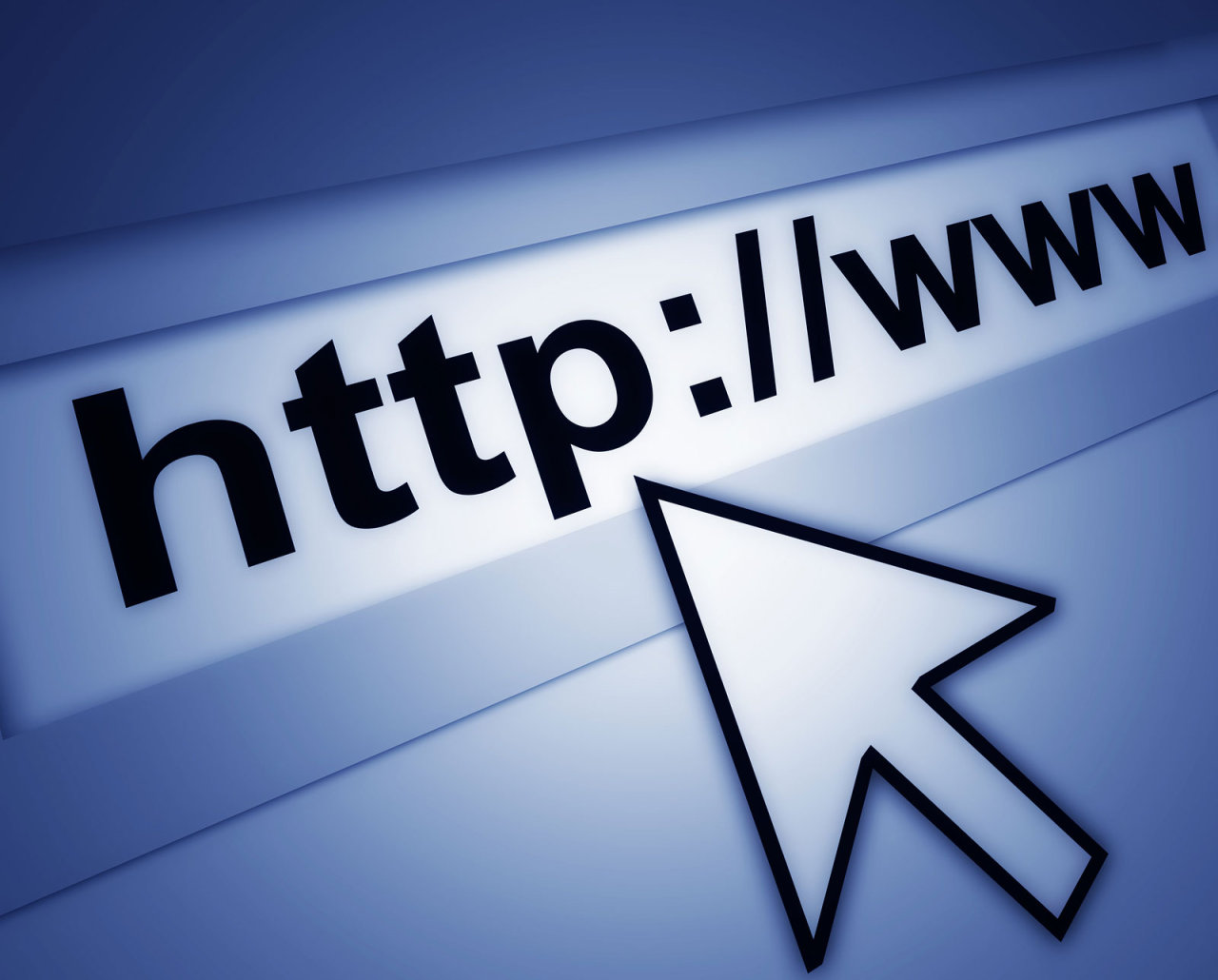TEHRAN, Iran, Nov.25
Trend:
Explaining the methods to estimate the economic impact of an internet shutdown and contradictory figures of hypothetical cost of internet cutoff per day in Iran, theCEO of Netblocks.org referred to a special situation in the country in an interview with Trend.
NetBlocks, an independent website to assess freedom of internet access in the world, reportedly estimated the damage caused by Internet shutdown in Iran amounting to nearly $369 million on a daily basis. On Nov. 21, NetBlocks changed the statistics as daily damage due to internet shutdown In Iran to $61 million.
Answering the question about the reason behind the difference between these two figures, Alp Toker said that the original figure (over $369 million) was calculated based on the standard model and didn't take into account factors like sanctions and existing filtering.
“Essentially, it represented what Iran might gain from a fully unfiltered internet. This is hypothetical figure and it doesn't reflect how much the shutdown might cost in reality, so we took into account the abovementioned factors,” Toker said.
“The tool wasn't designed for this case, so we made necessary corrections. The initial figure was rather hypothetical and based on the assumption that Iran has unfiltered internet access and trades freely to the rest of the world, as in most countries,” said CEO.
“This figure is dampened both by barriers on monetization, by internationally imposed barriers to trade, as well as domestic internet policy and the new figure reflects how much value Iran derives from internet connectivity when faced with these challenges,” Toker added.
“There is no country other than North Korea on record as having a resilient national network. Typically, when connectivity is cut it is cut on the wire,” he said responding to whether any other country shut down internet completely for a few days.
Pointing to the probability of turning Iran into North Korea, Toker says that Iran has a modern telecom infrastructure and high-tech sector.
“But if it is isolated, there will be regulatory and legal challenges which prevent the use of external providers and IXPs,” CEO of Netblocks.org said adding that there is no chance to independently connect to international Internet via external providers.
“With over 300 networks disrupted, Iran's internet shutdown is one of the most complex we've ever tracked. We saw networks cut progressively over the course of days, although the connectivity retained internally,” Toker noted.
“The major surprise was not technical but social: to watch as Iranians came back online and communicated with the rest of the world. Everyone has learned how precious it is to be able to communicate,” he added.
Alp Toker is founder of Turkish digital rights group Turkey Blocks and international technology initiative NetBlocks.org.
The Iranian government implemented a near-total shutdown of internet services after protests began on November 15. The uprisings were sparked by the announcement of hikes in petrol prices across the country of at least 50 per cent. They quickly spread to cities and towns across the country and turned political, with protesters demanding high-ranking officials step down.






